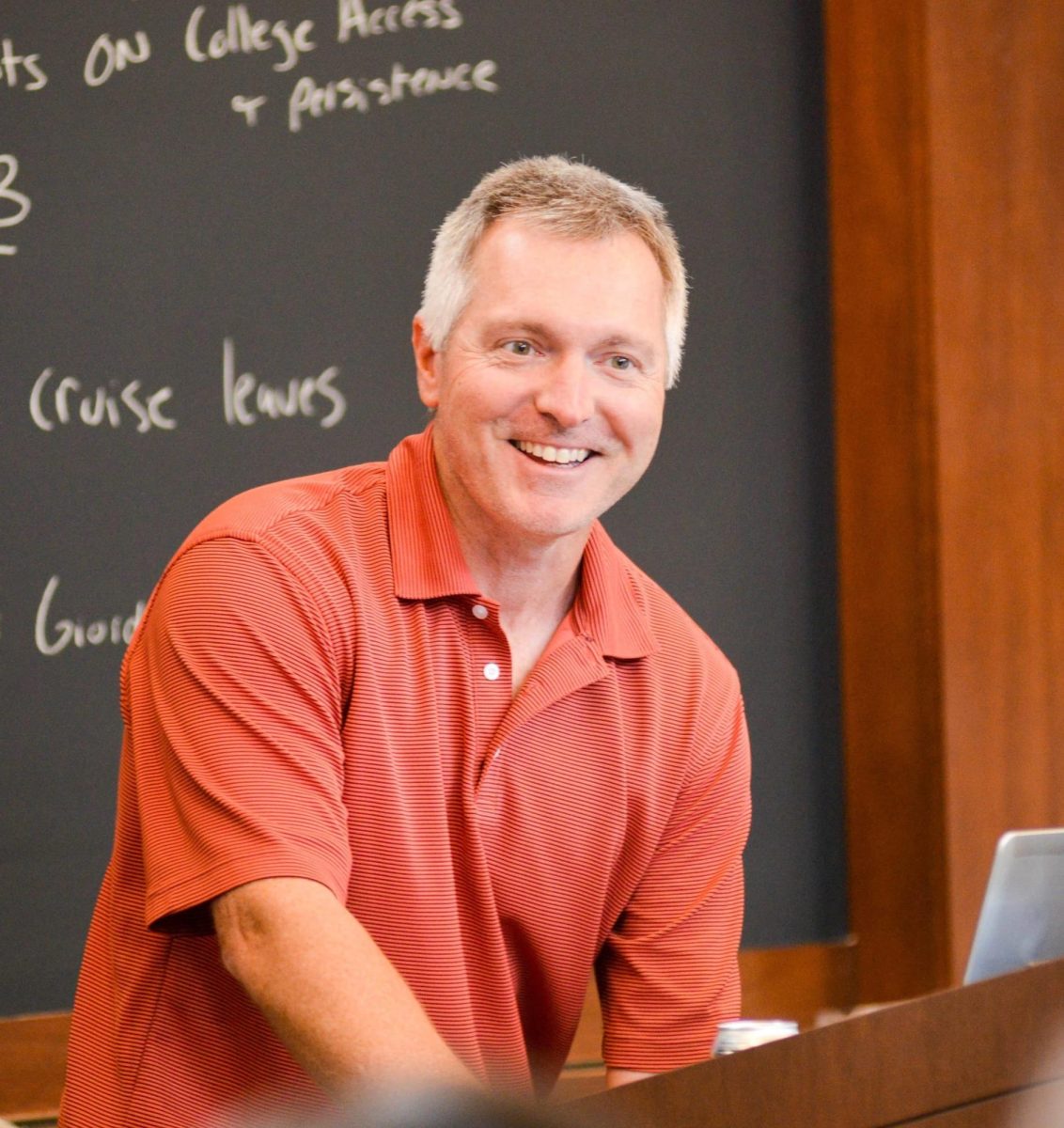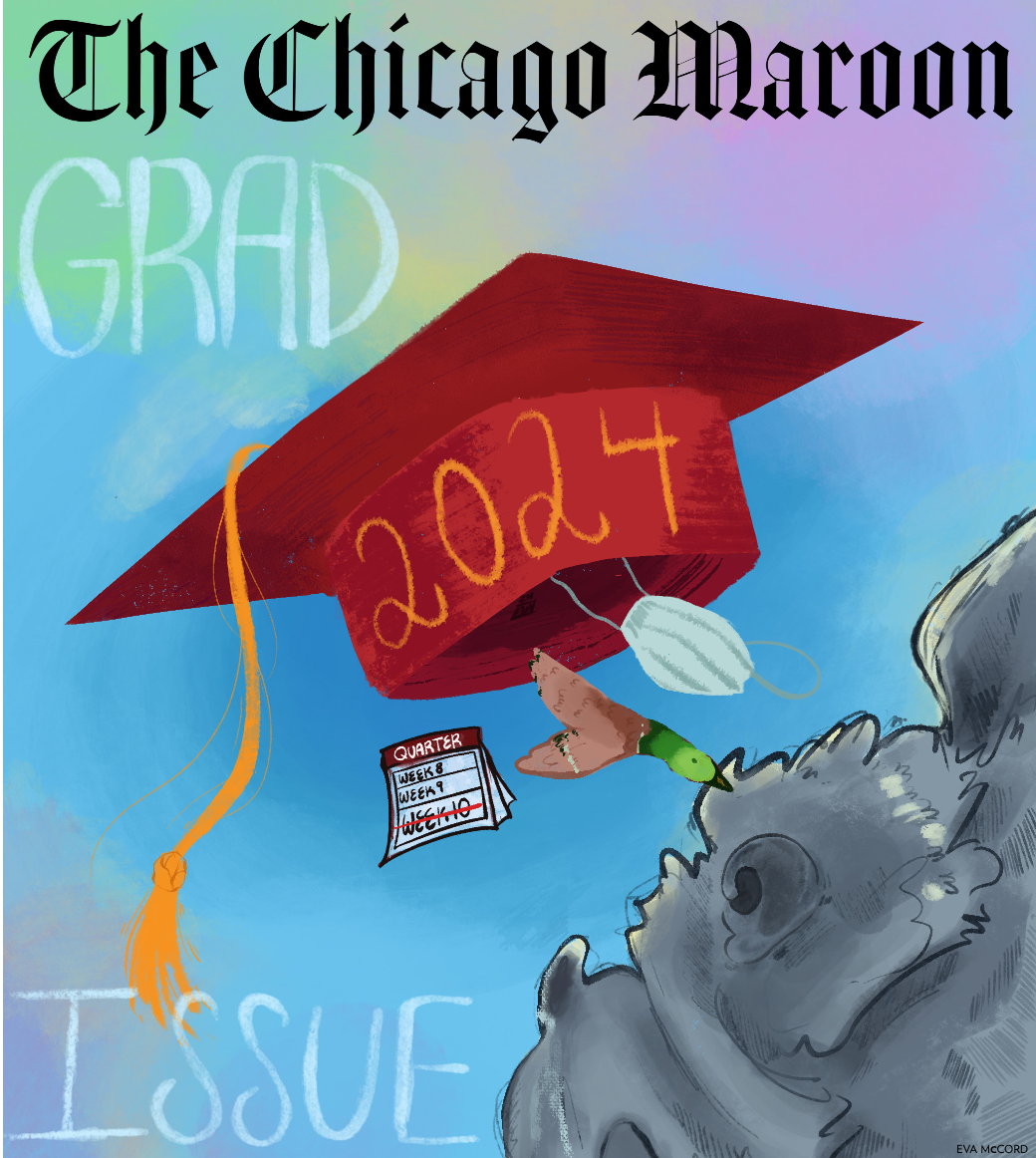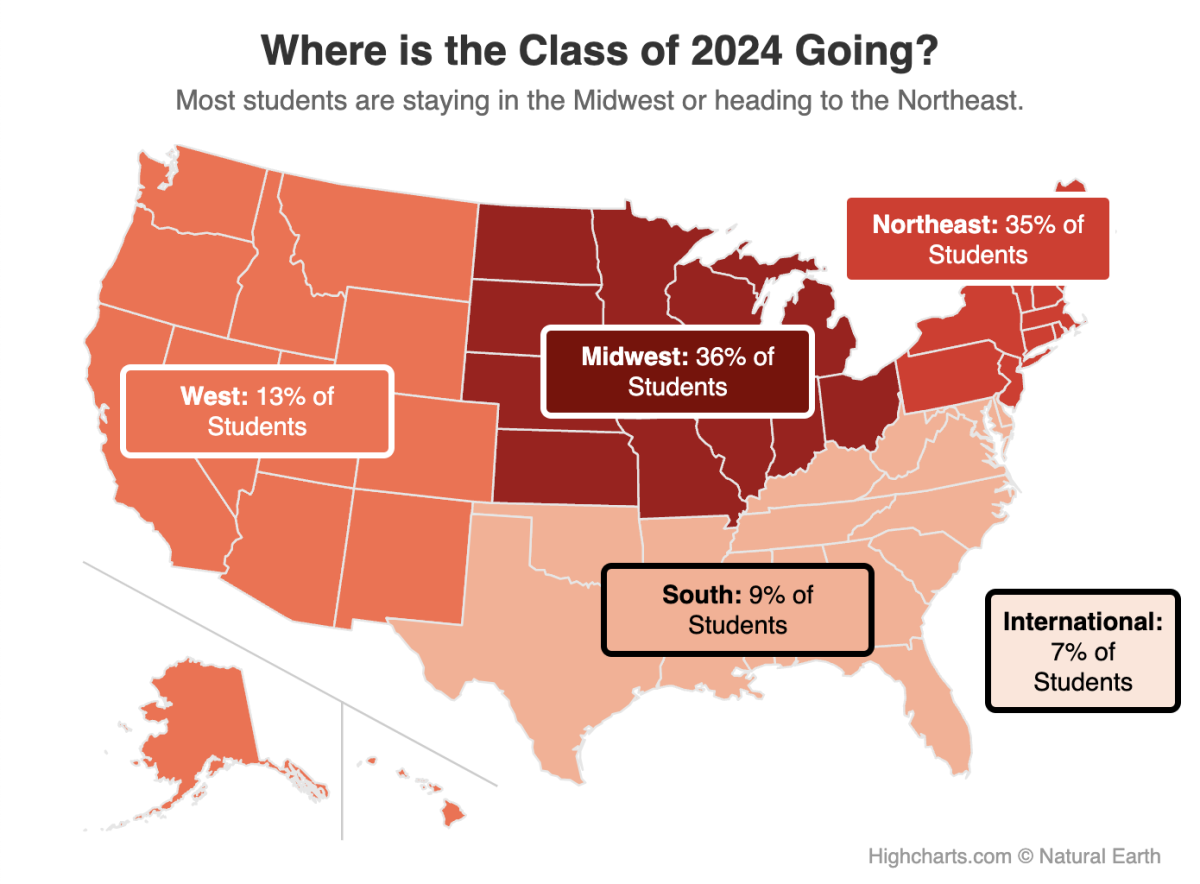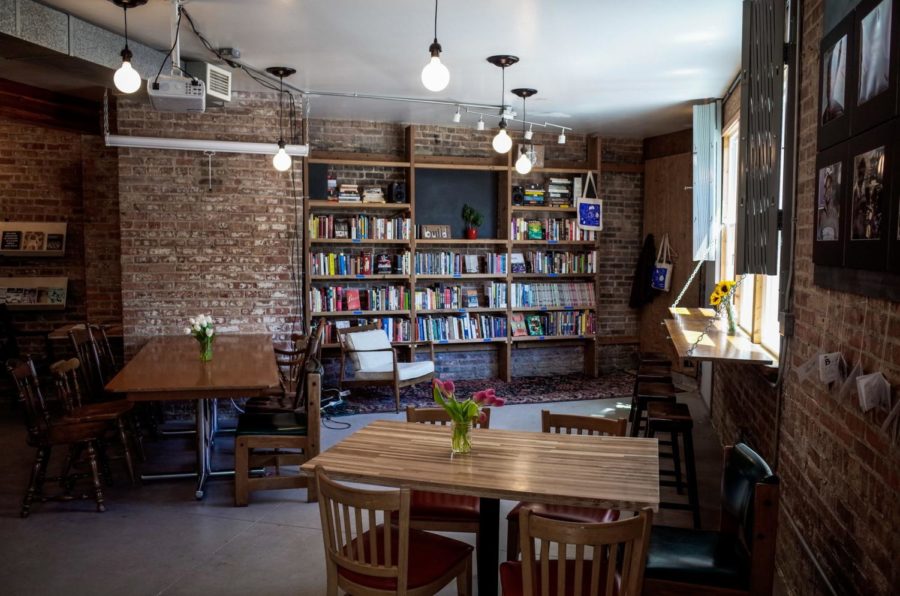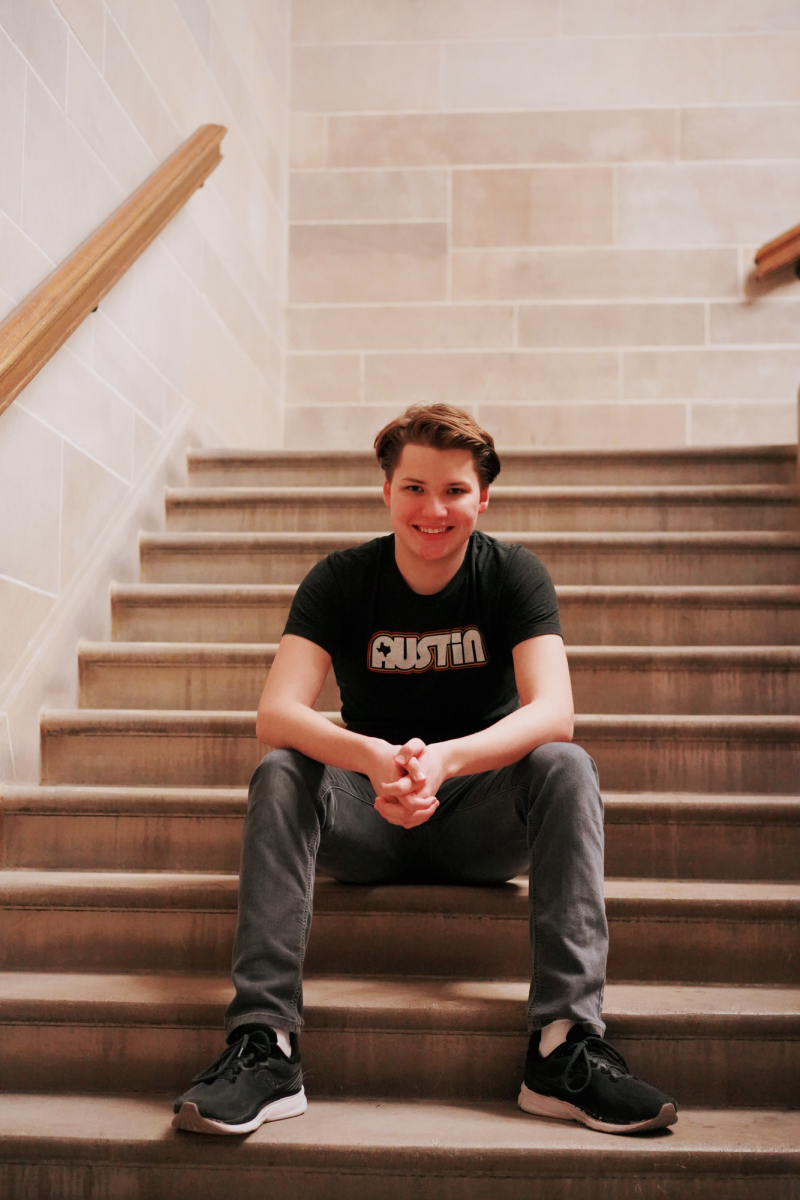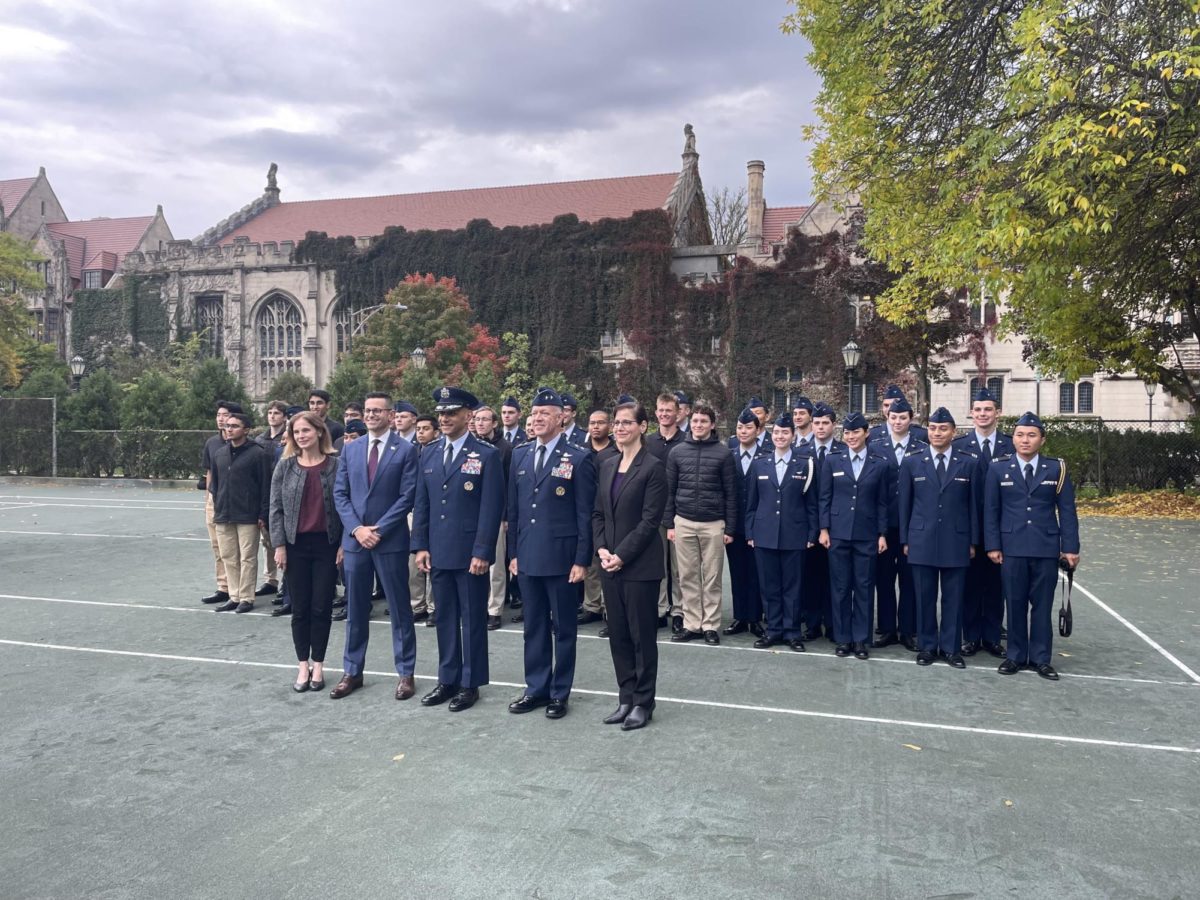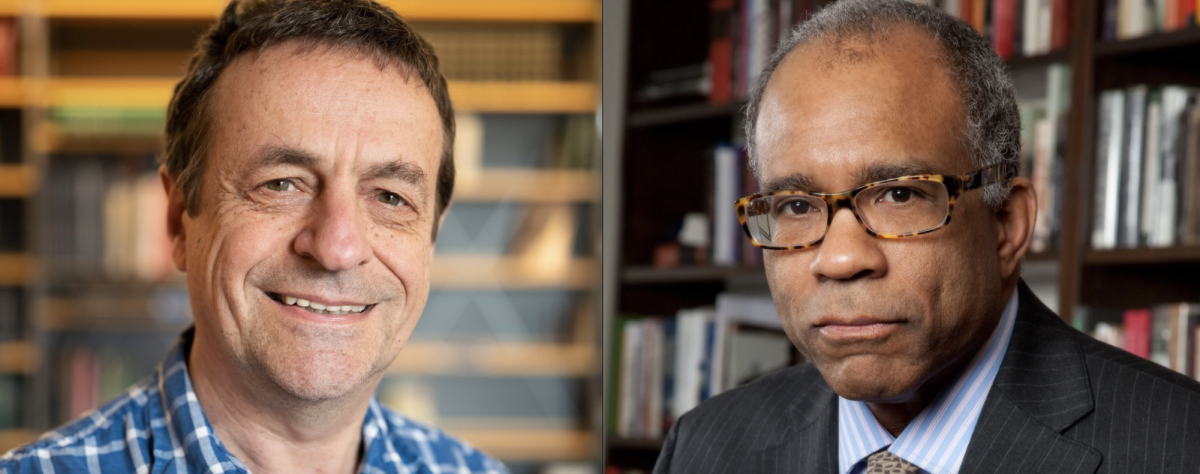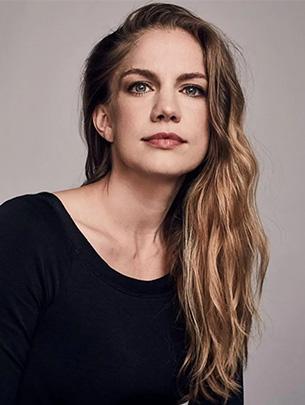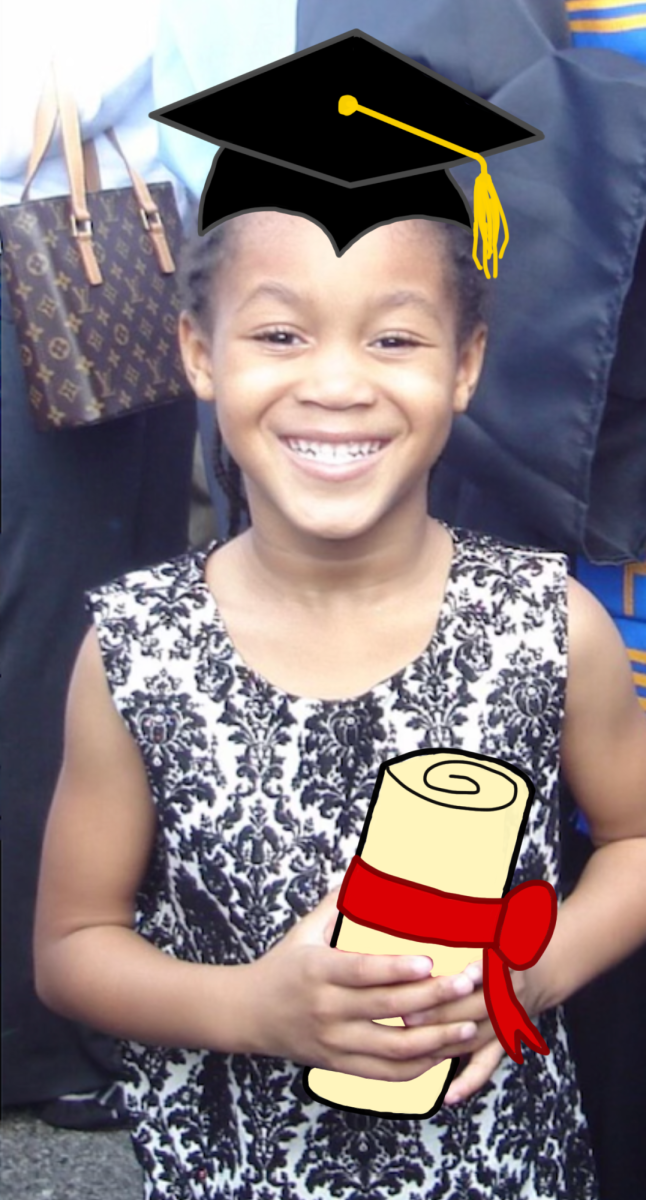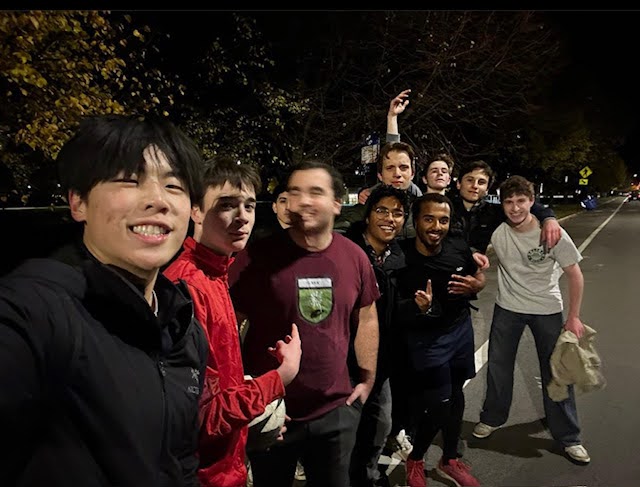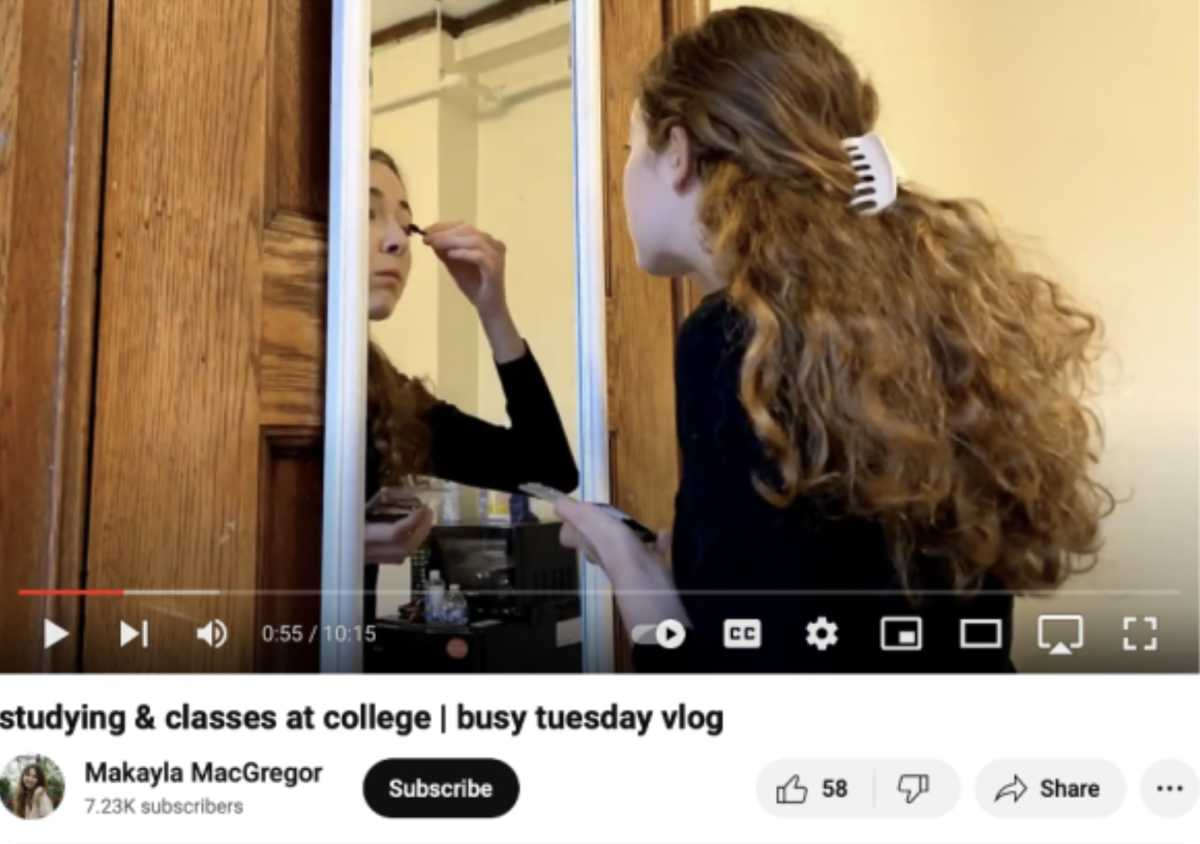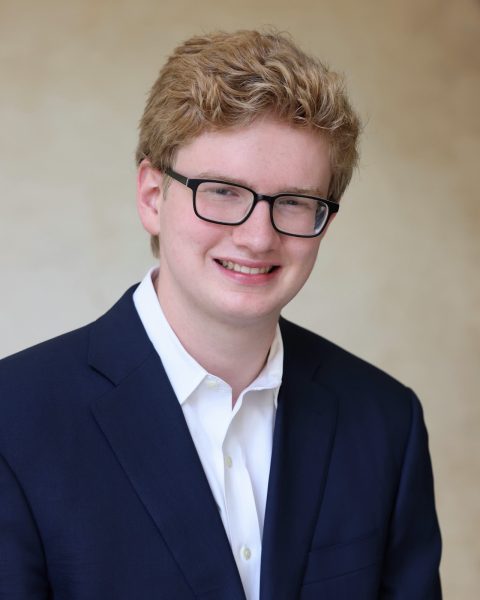John List is a Distinguished Service Professor in Economics at the University of Chicago, noted for his work in field analysis. He is also the Class of 2024’s Convocation speaker. List sat down with the Maroon to discuss what he hopes to accomplish with the address.
Editor’s note: this exchange has been edited for clarity and length.
Chicago Maroon (CM): Could you introduce what you do here at UChicago and perhaps outside the University?
John List (JL): I’ve been an economics professor here for nearly 20 years. My research focuses on using the world as my lab; what that means is I go out to the world, and I run field experiments. That could vary from working with a charitable organization like Smile Train to figuring out, why do people give? What keeps them committed to a cause? What are ways to get them to give more money for the charitable cause? It’s really about the economics of generosity. Along the way I started a preschool in Chicago Heights for three-, four-, and five-year-olds. And it was meant to learn about how education functions at young ages. And what that means is, what are some of the best ways to give people who are in underserved communities a chance to succeed? I think there’s a big opportunity gap, where low socio-economic status (SES) people have [a] much less likely chance to succeed in America or around the world than the high SES kids. So that’s a field experiment that I started in 2010.
A lot of my work is trying to make the world a better place using field experiments. The classes that I teach here at the University of Chicago range from beginning classes, like Economics for Everyone or Principles of Economics at the undergrad level, to more advanced undergrad classes, like behavioral economics or experimental economics. I’ve also taught environmental, experimental, and microeconomics at the graduate level. So, over the last 20 years, I’ve spent a fair amount of time teaching both undergrads and grads here.
CM: Could you talk about your own educational background?
JL: I’m a first-gen kid. My dad was a trucker, and my mom was a secretary. They’re retired now. My grandpa was a trucker. My brother is a trucker. So I come from a blue-collar or bucolic family. I was raised in Wisconsin. I went to college largely to become a professional golfer, [on a] golf scholarship to UW Stevens Point. I figured out early on that I wasn’t good enough to ever make money playing golf. And my next passion was economics, to be an economics professor. So, I finished my degree at Stevens Point and went to the University of Wyoming. That’s where I got a Ph.D. and graduated in 1996. And my first job was at the University of Central Florida. I was there for four years.
I then moved to [the] University of Arizona, and from there I moved to the University of Maryland. And when I was in Maryland, I took a year and a half off and worked in the White House as an adviser to President [Bush]. I worked on environmental and resource issues in 2003 and 2004 for the President. That was very cool.
CM: Do you have any stories about one of your graduations?
JL: My impression about graduation is [that] it’s a time to stop, reflect, and take stock of what you’ve just accomplished. And our students have just accomplished a lot. Because, to be fair, the odds didn’t want you here; the odds didn’t want any of your brethren or the seniors who are graduating. It’s a long shot game. It’s a real long shot game for all the first-gen kids who are just lucky to go [to] college like me, much less come to the University of Chicago.
Then, once you arrive here, it’s pretty intense. I can’t imagine another undergraduate experience in the world that is more intense than the University of Chicago. It starts with the Core. And then, regardless of what major you take, you will be pushed to your limits. And it will involve critical thinking skills; [it] will involve developing [the] types of skills that you need to succeed and change the world. So I think the University of Chicago is a very special place. But if you can graduate from the University of Chicago, you are a very special individual.
I’ve gone to a lot of graduation ceremonies here. I’ve never given the graduation speech. At the University of Wyoming, I was chosen to give a five-minute speech as the top graduate there from the economics department. That was fun. I reflected a bit on what happened there. My job is, first and foremost, to celebrate the undergrads and grad students who will be at the ceremony for a job well done. Also, to celebrate their parents, because at the end of the day this is a team game… And it’s a time to celebrate everything that they’ve done. It’s also a time to both reflect on what has gotten you here but also talk about how you yourself are going to change the world with all of these great gifts you’ve been given. But hopefully at the University of Chicago, we’ve also given you some tools.
I’m just going to give some advice about how I think all of them can change the world. And how I’m hoping that each of them uses their comparative advantage to change the world. A lot of times [in] these types of speeches, people talk about themselves and their own work. It’s not what I’m going to be talking about. I want to talk about what I’ve learned over the years, and how they can take what I’ve learned and leverage it themselves to change the world.
CM: Were there any speeches or writings you found particularly inspirational as you began to draft yours?
JL: Steve Jobs gave a remarkable graduation speech, [but] mine will be a little bit different than that. I’ve spent a fair amount of time in government, both at the federal level, the local level, and now even more at the international level. I was lucky enough to negotiate aspects of the Kyoto Protocol in 2003, which is the international treaty on climate change. I’ve now worked for several organizations as chief economist—at Uber and now Walmart. I’ve been a lifelong academic. I understand a bit about what happens in the ivory tower, so I want to draw upon those experiences in my speech.
It’s very difficult to look for a precursor to that, and I think that’s good for me. It’s good news for me on the one hand because I’m going to be unique in some way, but it’s bad news because I can’t draw inspiration from somebody else who has these similar types of experiences. But there are brilliant speeches out there. Sometimes you can be funny; sometimes you can be serious. Sometimes you can have a little bit of each. I hope I can combine a little bit of wit with a little bit of wisdom, and I hope that’s what the students can take home.
CM: UChicago’s convocation ceremonies are somewhat unique in how they integrate professors. Do you see any advantages in this?
JL: I don’t know if that’s common, but I like the uniqueness of having professors discuss their views and, in a way, give one last lecture. I feel a special bond with this class because I can still remember giving a model lecture four years ago… so I really enjoyed seeing these students from the beginning, meeting their parents, [although] it was all over Zoom at the time. But then when they arrived, I also taught a Principles of Economics course that first fall. And it was still all over Zoom, kind of a crazy time, because… we said you had to come to campus. But then, for the greater good, you have to sit in your dorm and listen to your classes. So that was unique. And then just last quarter, I taught a class called Economics for Everyone… [and] there were a lot of seniors there. So that was kind of a special bond that I started with a lot of them. I think that is a special feature of having an insider to give a lecture at commencement because we’ve sort of lived and matured and learned together.
Now, I just have such deep respect for the students that, in a way, I feel I owe them one last lecture. And one last, let’s say, “learning moment” some of the students have never had before, and maybe they’ll hear something that they like or don’t like. I want to be provocative, but I also want to reflect and hopefully teach them something that they’ll be able to use in the future.
CM: The pandemic has really made the Class of ’24 an exceptional cohort. Do you have any reflections on this?
JL: That’s a great point because I will forever think about this class as the COVID class. Think about what they went through. When they were high school seniors, [they] didn’t get a graduation. They likely got their graduation diplomas through a car window. I have three seniors myself, three seniors in college. I know exactly what they went through. There was no senior prom. There was no graduation to speak of, no celebration for them. And then their first year of college is something great… it’s your first time away from home. It’s a little bit scary. There’s some ambiguity, so you’re not sure what’s going to happen. But it’s beautiful in many ways. It’s sad. And now… we repress that. It’s like, well, what happened, nothing really happened. It’s not true.
Now this class gets to celebrate a little bit. This is really their first real graduation since eighth grade graduation. And you know that eighth grade graduations are like, dumb. Your parents don’t come; nobody really cares; you don’t get gifts. So I do think now, in some ways, I hope that we’ll make this class stronger. And we’ll see in the end, when the data all comes out, our classes end up having incredible success. And we’re incredibly proud of our undergrads; they always change the world. Maybe it’d be interesting to see if this class does something different. I think they have a real opportunity. This is a really unique and strong class.
CM: Do you have advice for how they should navigate today’s world?
JL: I have three little secrets to how [you] can change the world. One is [that] you’re going to have to be monomaniacal. And to be monomaniacal, you really have to do what you’re good at or what your competitive advantage [is]. Because if you’re not doing what you’re good at, you’re not going to do something you love. And that’s really, really important in today’s economy, where the meaning of work is a very important driver of the happiness and mental health of people at work. My second lesson will likely be around quitting. I don’t think people quit enough. I’m going to talk about the optimal quitting rule. My third will be around critical thinking skills and being constantly curious. I think a lot of times people lose their inner scientist, and I don’t think you ever want to lose your inner scientist. And really uber successful people I’ve seen in my time in government or academia or the private sector, they all have these three threads [of] the DNA of success.
CM: What do you mean by inner scientist?
JL: For me, the inner scientist means you’re constantly curious. And that means when you try new things or think of new ideas or roll out new activities—whether it’s you as an individual, or in your organization—where you’re trying to change the world, you do it in a scientific way. So you can learn about whether it worked, and you learn about why it worked. And then you update, and you make yourself better, and you make your organization better. I think a lot of times we get in the mode of when we try something new… we don’t take stock. And we don’t use our inner scientist to make sure that it did work and roll it out in a way to test whether it worked. That’s a constant mistake that I see really, really smart people making. But the people who really change the world never lose their inner scientist.
CM: You mentioned you have three kids graduating from college this year. Will their experiences be reflected in your speech?
JL: I think I have a good understanding of the trials and travails that modern students have gone through during this period. Not only through the time that I’ve spent being a professor over these four years for this class, but I’ve lived it as a parent. I’ve seen the difficulties of the transition. My three sons were taking all of their classes in our house over Zoom as freshmen. I’ve seen their transition into college and adulthood, through their eyes, and also as a parent. I think that gives me a unique perspective about what our students who are graduating this year had to go through… So I’ve seen it from two different directions. That’s somewhat unique, I believe.
CM: What is one thing you hope everyone will come away from your speech with?
JL: I want them to come away with an understanding that you can change the world in many different ways. We all have our own special traits, characteristics, and abilities that represent our competitive advantage. I want to give them a sense of moving forward, how they can leverage those comparative advantages to truly change the world. I think that, at the University of Chicago, we have given them tools.
What I want to do is give them some advice about what I’ve learned. Let’s call it three little secrets to change the world. I want them to take those three secrets and hopefully leverage them in their own special way to change the world in a manner that’s going to make me proud. That’s what I want them to know. They’re always going to have somebody by their side, being proud of them, besides their parents. There’ll be professors like me being their biggest fans, and I want to give them a last bit of advice about how they can best leverage themselves and what they’ve learned here at the University of Chicago to change the world.


